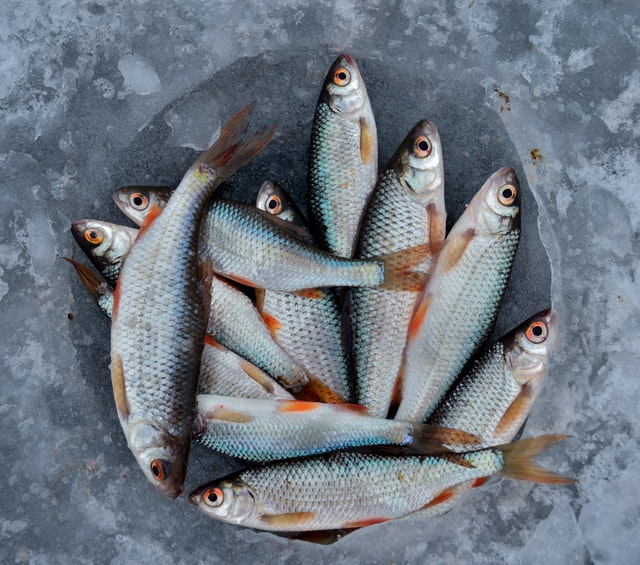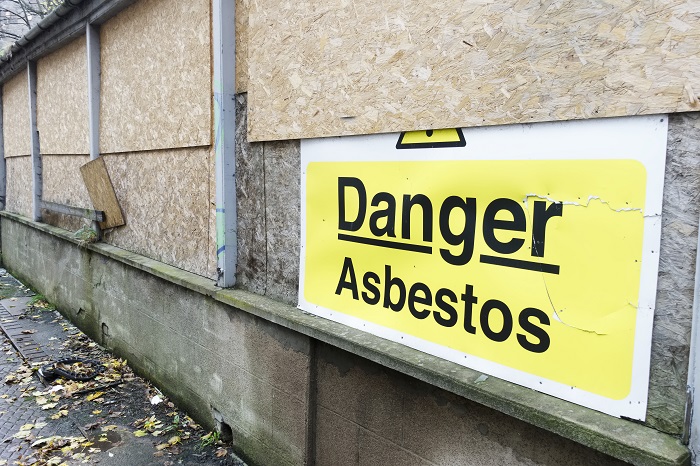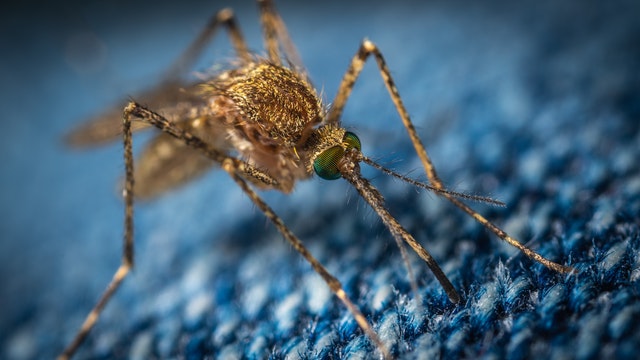Running a fish farm might seem like a titanic feat to you, but it’s not necessarily so. You can start by choosing just one species of fish, and wait for things to slowly take the right direction.
The important thing is to proceed methodically and prepare yourself for a challenge that may not pay off at first. Still, it should give you great satisfaction in the long run. So let’s see what steps an aspiring fish entrepreneur has to take to bring his project to life.

Requirements for running a fish farm
If you live in a mountainous place, starting a fish farm might not be a brilliant idea.
Fish farms should be set up in seaside locations or near lakes and rivers. Or, as the last hypothesis, where there are sufficiently large spaces to which a continuous supply of water must be guaranteed.
Another consideration to be made concerns the type of business you want to start. Are you interested in breeding fish for the food market, or do you want to take care of ornamental fish?
Having clear ideas is of paramount importance: draw up a business plan and check the feasibility and sustainability of your project. Depending on what you intend to do, you will have to move in a certain way, make certain choices, and make contact with certain people.
Types of fish farming
Raising fish is not easy. First of all, you need to check whether the place where you intend to run your fish farm has climatic and environmental conditions.
There are various possibilities, fish can be farmed:
- in freshwater (lakes and rivers)
- in saltwater (sea)
- in artificial tanks (inside sheds, greenhouses or disused buildings)
- in concrete tanks (implanted in the mainland)
The choice of the type of breeding you want to start is crucial. The advice is to review all possible solutions. Choose where there is more interest and check to limit economic effort. There are many expenses to be faced. Better to start small and wait for your business to consolidate over time.
Running a fish farm: what expenses do I have?
Running a fish farm is not exactly like opening a candy store on your doorstep. The initial budget is essential. The economic return won’t come right away – according to experts, you have to be patient for at least three years before you reap the first profits. Make all the necessary assessments and take all the required precautions.
The costs to be budgeted are:
- the purchase of tanks or cages floating overboard
- the purchase of all the instrumentation needed to guarantee the ideal habitat for fish
- buying fry
- the salary of employees (you will need a staff of specialised professionals)
- the purchase of fish processing machinery
- buying cooling tanks for the transport of fish
Running a fish farm: last considerations
Prepare to face a challenge as compelling as it’s challenging. Much of the work is done outdoors, in contact with the water and the fish you will have to take care of. The weather has a heavy impact on the activity. You must always be informed and make decisions in good time because a storm could cause you incalculable damage.
Last tip, if you want to run a fish farm, you have to love nature and respect it.



